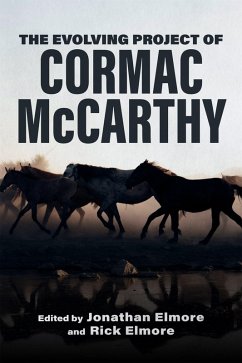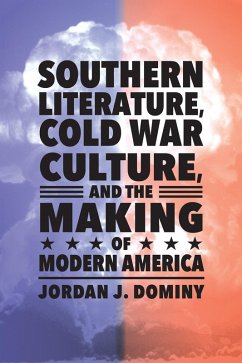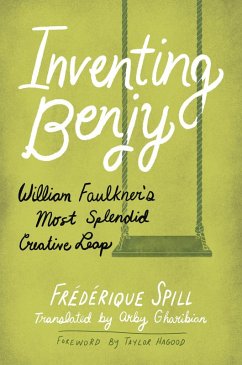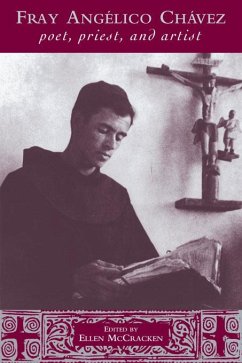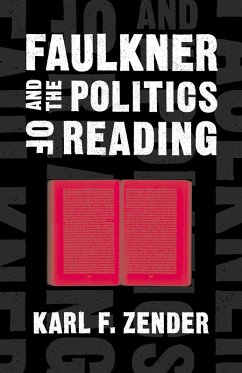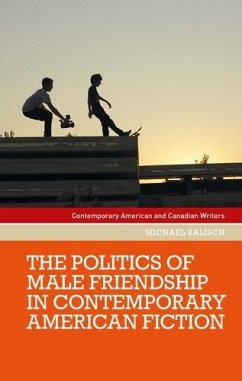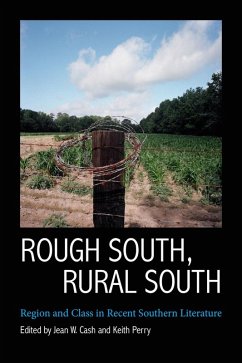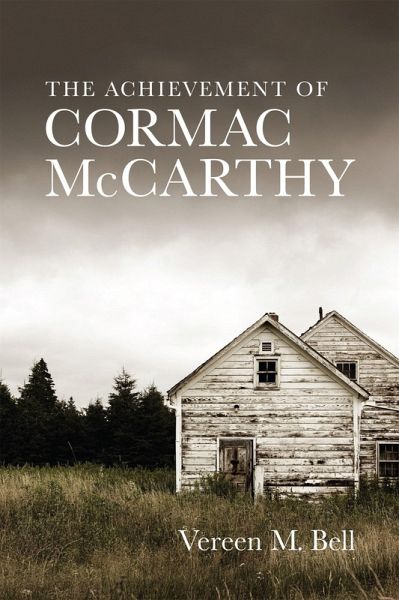
The Achievement of Cormac McCarthy (eBook, ePUB)

PAYBACK Punkte
7 °P sammeln!
Now back in print, Vereen M. Bell's The Achievement of Cormac McCarthy was the first critical book devoted to an author who would become one of the most celebrated American writers of the late twentieth and early twenty-first century. Published in 1988, before McCarthy won the Pulitzer Prize and the National Book Award and had his novels adapted into acclaimed films, Bell's study offered the first systematic review of the author's work.According to Bell, part of the difficulty of analyzing McCarthy's fiction is that the novelist by design works against all conventional ways of seeing and deali...
Now back in print, Vereen M. Bell's The Achievement of Cormac McCarthy was the first critical book devoted to an author who would become one of the most celebrated American writers of the late twentieth and early twenty-first century. Published in 1988, before McCarthy won the Pulitzer Prize and the National Book Award and had his novels adapted into acclaimed films, Bell's study offered the first systematic review of the author's work.
According to Bell, part of the difficulty of analyzing McCarthy's fiction is that the novelist by design works against all conventional ways of seeing and dealing with the world. Any formulaic readings, particularly those associated with the traditional schemes of southern literature, will be distorted. McCarthy's novels are provocatively mysterious yet specific and vivid as well. They are also freestanding and unclassifiable
Bell shows how McCarthy transforms the world through language, how he reconstitutes both urban and rural settings so that otherwise barely articulate and unheroic people live vividly in a context that is both modernist and antimodernist. In this respect, Bell argues, McCarthy's work is about the tension between visions of the world and the intractable, opposing materiality of it, between the mysteriousness of an individual's private engagement with experience and social normality's tendency to flatten it out. At the same time, Bell shows McCarthy's infatuation with the reality of evil, how the evil in human form in his novels is as inexplicably gratuitous and violent as the inhuman form of random and destructive natural events. Such violence, for McCarthy, is built into existence and cannot be evaded or rationalized away.
With detailed readings of McCarthy's first five novels-The Orchard Keeper, Child of God, Outer Dark, Suttree, and Blood Meridian-Bell demonstrates the novelist's faith in the protean capacity of language to disclose the layered possibilities and richness of being. Widely cited by scholars, Bell's book established many of the foundational critical frameworks for approaching McCarthy's work. It is now available in an affordable paperback edition.
According to Bell, part of the difficulty of analyzing McCarthy's fiction is that the novelist by design works against all conventional ways of seeing and dealing with the world. Any formulaic readings, particularly those associated with the traditional schemes of southern literature, will be distorted. McCarthy's novels are provocatively mysterious yet specific and vivid as well. They are also freestanding and unclassifiable
Bell shows how McCarthy transforms the world through language, how he reconstitutes both urban and rural settings so that otherwise barely articulate and unheroic people live vividly in a context that is both modernist and antimodernist. In this respect, Bell argues, McCarthy's work is about the tension between visions of the world and the intractable, opposing materiality of it, between the mysteriousness of an individual's private engagement with experience and social normality's tendency to flatten it out. At the same time, Bell shows McCarthy's infatuation with the reality of evil, how the evil in human form in his novels is as inexplicably gratuitous and violent as the inhuman form of random and destructive natural events. Such violence, for McCarthy, is built into existence and cannot be evaded or rationalized away.
With detailed readings of McCarthy's first five novels-The Orchard Keeper, Child of God, Outer Dark, Suttree, and Blood Meridian-Bell demonstrates the novelist's faith in the protean capacity of language to disclose the layered possibilities and richness of being. Widely cited by scholars, Bell's book established many of the foundational critical frameworks for approaching McCarthy's work. It is now available in an affordable paperback edition.
Dieser Download kann aus rechtlichen Gründen nur mit Rechnungsadresse in A, D ausgeliefert werden.





